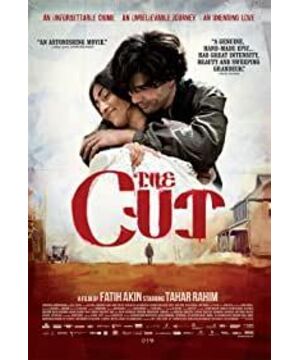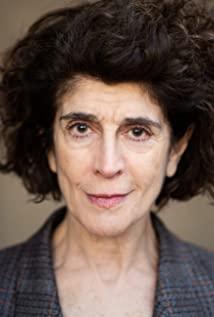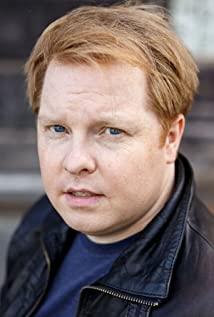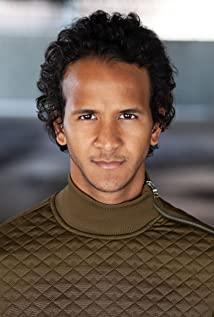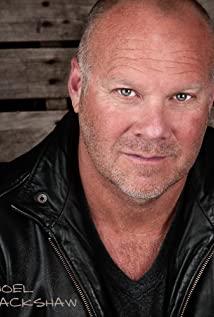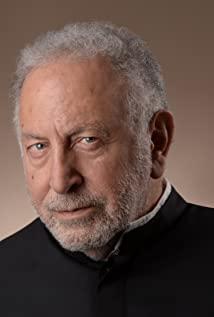The development of the whole story, from family, separation, massacre, wandering, looking for a girl to finally reunion with relatives, constitutes a story of how a man experienced these most primitive sufferings and finally reached the end by feelings and beliefs. Every hope is accompanied by a change of location. The change of time and space is not properly expressed on the male protagonist's face, but the director's intention is still very obvious: use the change of space to promote the development of the story. Almost every segment has a small climax. In all the climaxes, the tear point is not how the protagonist breaks through the difficulties, struggling on the edge of life and death, or even the last family reunion, but the director interspersed a Chaplin movie in the first half of the country movie. This kind of inner feelings of the direct contacts in the play conveys the director's tribute to the film in the form of a film: the film gives a hero tears and faith! So, the story turns to the road of finding a girl. This is an important turning point, but the director chose to use the film method to describe in this epic film, which can be regarded as a kind of "personal language".
As for music, it's a bit redundant. Excessive background music conceals the emotional weight of the characters. And most of the music is not localized enough, and it's more like creating it close to Hollywood.
I haven't studied the history of Turkey and don't know much about the background of the story, but in general, the combination of "industrial blockbusters" and "author movies" is remarkable. I like the director’s expressions of suffering and humanity and thinking about movies. These things cannot be accomplished by an indigenous director in a Western country. The expression of personal emotions in a blockbuster film is so cute and true.
In addition, the protagonist is too tender and can't hold the film's aura, especially the vicissitudes of the latter half due to the protagonist's handsome face and the price cut is really a pity.
Finally, the 1.6-meter-high Turkish German director left a sentence: "Movies cannot change the world, but the audience can."
View more about The Cut reviews


